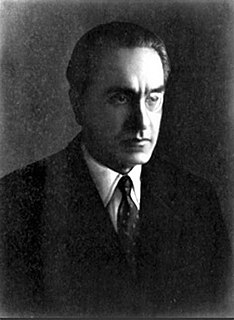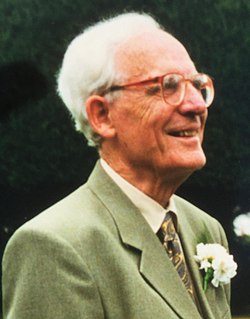A Quote by Hilaire Belloc
Under the old social philosophy which had governed the Middle Ages, temporal, and therefore all economic, activities were referred to an eternal standard. The production of wealth, it distribution and exchange were regulated with a view to securing the Christian life of Christian men. In two points especially was this felt: First in securing the independence of the family, which can only be done by the wide distribution of property, in others words the prevention of the growth of a proletariat; secondly, in the close connection between wealth and public function.
Quote Topics
Activities
Ages
Between
Christian
Christian Life
Close
Connection
Distribution
Done
Economic
Eternal
Exchange
Family
Felt
First
Function
Governed
Growth
Had
Independence
Life
Men
Middle
Middle Age
Middle Ages
Old
Only
Others
Philosophy
Points
Prevention
Production
Proletariat
Property
Public
Referred
Social
Standard
Temporal
Therefore
Two
View
Wealth
Were
Which
Wide
Words
Related Quotes
The slave states of Western world are an outgrowth of monopolistic capitalism - an economic system which is opposed to the wide distribution of private property in many hands. Instead, monopolistic capitalism concentrates productive wealth among a few men, allowing the rest to become a vast proletariat.
Modern capitalism is just as subversive as Marxism. The materialistic view of life on which both systems are based is identical. As long as we only talk about economic classes, profit, salaries, and production, and as long as we believe that real human progress is determined by a particular system of distribution of wealth and goods, then we are not even close to what is essential.
The distribution of wealth is even more unequal than that of income. ...The wealthiest 5% of American households held 54% of all wealth reported in the 1989 survey. Their share rose to 61% in 2010 and reached 63% in 2013. By contrast, the rest of those in the top half of the wealth distribution ?families that in 2013 had a net worth between $81,000 and $1.9 million ?held 43% of wealth in 1989 and only 36% in 2013.
As mass production has to be accompanied by mass consumption, mass consumption, in turn, implies a distribution of wealth ... to provide men with buying power. ... Instead of achieving that kind of distribution, a giant suction pump had by 1929-30 drawn into a few hands an increasing portion of currently produced wealth. ... The other fellows could stay in the game only by borrowing. When their credit ran out, the game stopped.
There is no longer a Christian mind ... the modern Christian has succumbed to secularization. He accepts religion - its morality, its worship, its spiritual culture; but he rejects the religious view of life, the view which sets all earthly issues within the context of the eternal, the view which relates all human problems social, political, cultural to the doctrinal foundations of the Christian Faith, the view which sees all things here below in terms of God's supremacy and earth's transitoriness, in terms of Heaven and Hell.
The psychology of the saver and the psychology of the investor is very closely connected with Keynes' distinction between risk and uncertainty. When the future is uncertain, he thought that a lot of saving would be directed towards securing, securing more, getting more security in the present, rather than building wealth in the future, which was the classical view, you save in order to invest, in order to consume more later on. What he had called the propensity to hoard or liquidity preference would normally be stronger than the inducement to invest.
To control the production of wealth is to control human life itself. To refuse man the opportunity for the production of wealth is to refuse him the opportunity for life; and, in general, the way in which the production of wealth is by law permitted is the only way in which the citizens can legally exist.




































